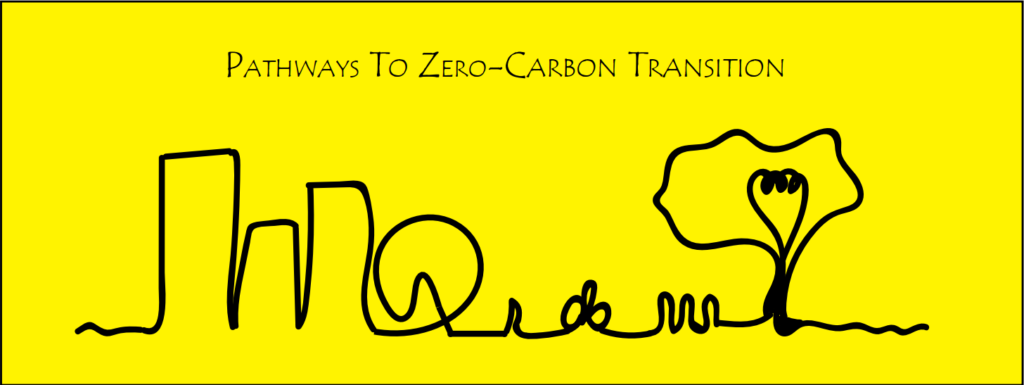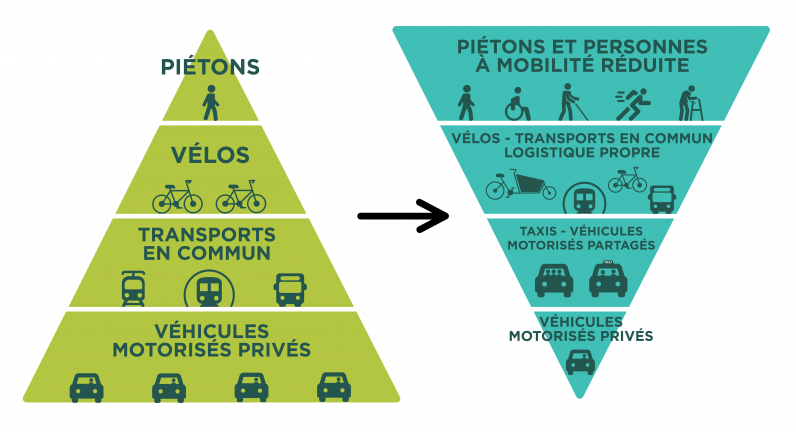
Damiano Sguotti is a recent graduate of the Master’s in International Development at the University of Bath, during which he worked closely with Zero West. He continues to reflect on the challenges we face.
Responding to the climate emergency means a radical reduction in carbon emissions. But working out the best ways to do that is not easy. It is easy to get discouraged, even for the committed.
This series of blogs aims to clarify some of the debates around pathways to low-carbon scenario. I take an interdisciplinary approach to environmental and social issues to help us achieved imaginable scenarios and to see low carbon strategies as social processes.
This blog is also a way to provoke reflections useful to ZW. At the end of every blogpost, you can leave a comment on the open questions.
————————————————————————————————
One of the most complex challenges in sustainable policies comes from one of the most polluting industries. Even though, the pandemic – especially during lockdown – decreased the number of journeys, transport is responsible for 28% of the UK’s carbon emissions.
Our current reliance on carbon intensive transport for so many social functions makes the low-carbon transition an intricate skein, hard to untie.
So, where should the transition start? Can we make re-localization politically acceptable, to reduce carbon emissions drastically? And who might do that?

A policy solution we could follow comes from France where Anna Hildalgo – Mayor of Paris – started the ’15-minutes plan’ to rethink urban planning. This reflects the idea that urban areas need to move from oil-dependency to the post-vehicle era. Dr. Carlos Moreno – Sorbonne University – proposes organising neighbourhoods so that everything people need can be reached within 15 minutes, on foot, by bike, or public transport. In line with this the municipality has started to prioritize the construction of bike lanes and use of public transport. In time, this is intended to deliver a drastic reduction of private car use.
If we consider this as a broader policy, it appears the pandemic is already shifting transport in this direction. Remote working has reduced working commuting for some. Indeed, one of the causes of daily carbon emissions is also functional to the society in itself.
But, working from home is only possible for certain kinds of job. What about those who cannot? They are still probably wedded to a carbon-intensive commute. Perhaps political efforts, leading to a top-down policy of clustering services in limited spaces, can help.
From another point of view, limiting transport requires behavioural change to accept new living conditions. Changes happen when peer-to-peer influence and the private sector make new technologies more affordable and socially acceptable. Moreover, they can be facilitated by communities’ strategies aiming at a resilient stage where relationships and an open environment are drivers. This bottom-up strategy relates the social and community environment to the complexity of re-localization. Doing so, finding new creative and credible solutions to current concerns is easier.
Echoing Rob Hopkins (2008), a future without the utilization of oil is feasible “only if we engage in designing this transition with sufficient creativity and imagination. We need to draw together a diversity of individuals and organizations that has seldom been managed in the past.” (p.77)
Summing up.
As I discussed in this blog, re-localization is complex because it asks governments to act decisively to produce better urban planning. But relocalization is also a wider concept of social, technological and cultural change. It would involve some old technologies losing their appeal and both old and new ones acquiring new cultural meanings.
Open questions
How do you think re-location could be implemented in our region?
What is the most-compelling issue that transport policies do not take account to reach zero-carbon targets?
How would you address it?
Reference
Hopkins, R., 2008. The transition handbook: from oil dependency to local resilience, White River Junction, Vermont: Chelsea Green.

